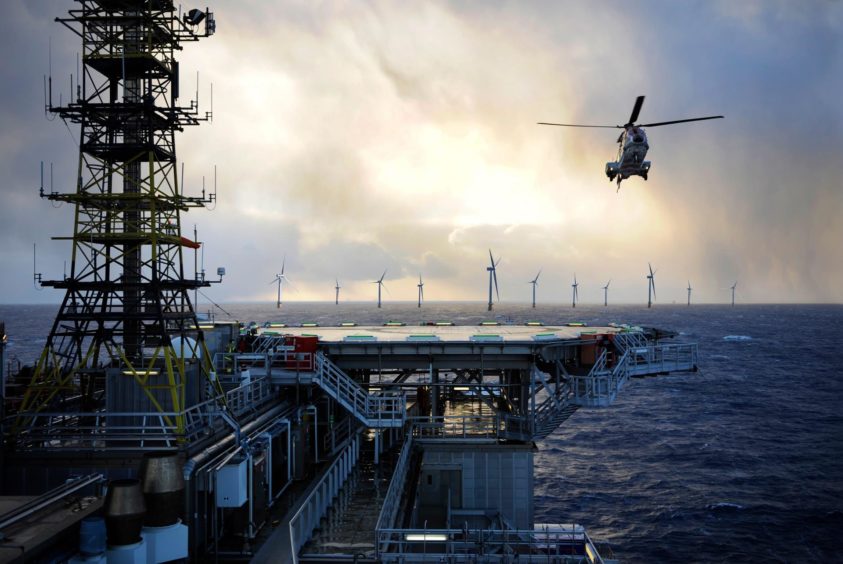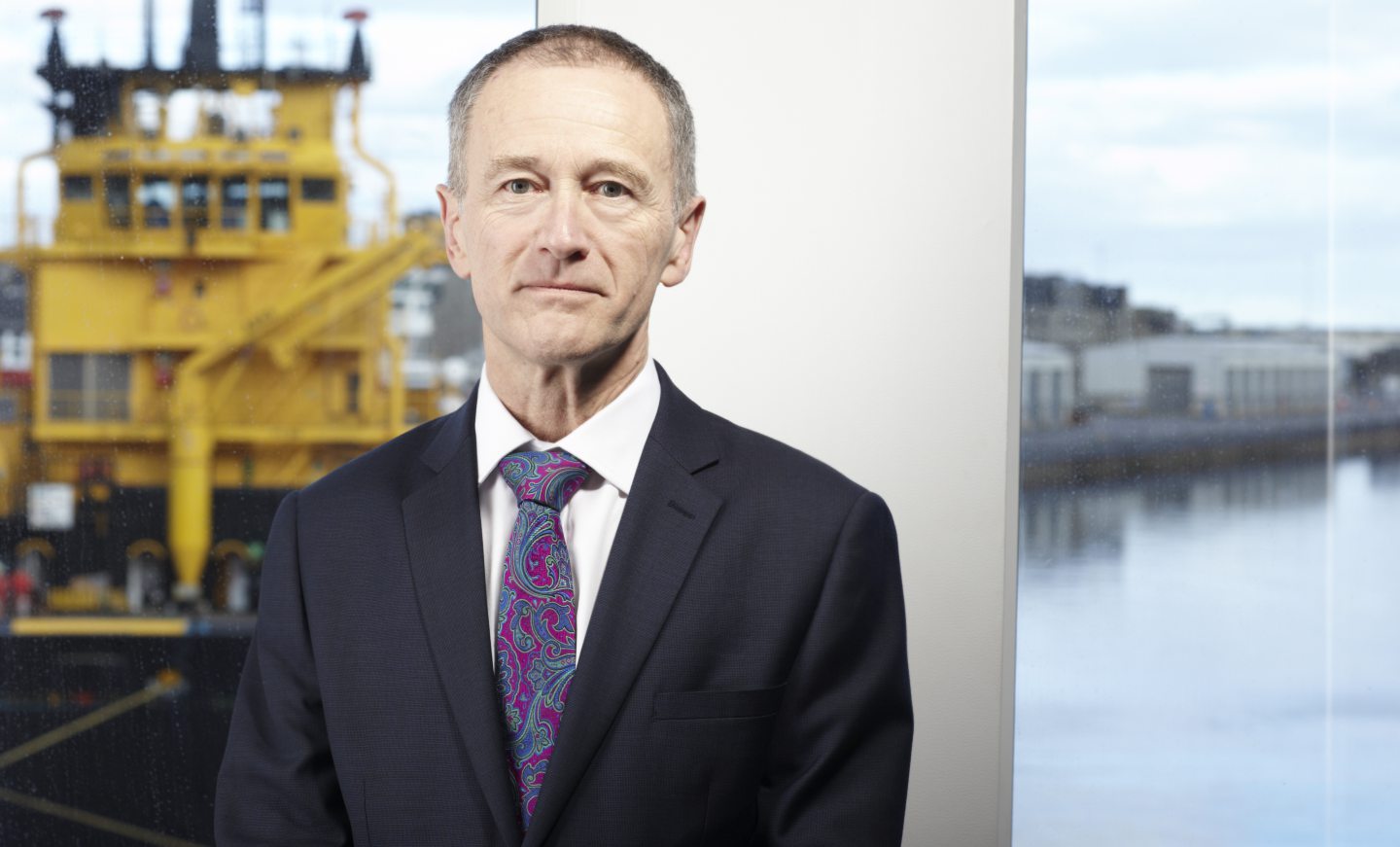
Ministers have been pushed to come up with a “streamlined” regulatory system fit for an integrated energy transition.
As it stands businesses need to engage with numerous bodies, creating a “minefield” that is no longer “fit for purpose”, believes Tim Eggar, chairman of the North Sea Transition Authority (NSTA).
And he called for government top brass to make the “big decisions” needed “at pace” in order to enable energy integration.
New projects, be they oil and gas or renewables, can take years to materialise as companies have to jump through various hoops and engage with numerous bodies.
But with decarbonisation and energy security both needed and fast, current timelines are no longer feasible.
“The NSTA knows that the UK urgently needs a more streamlined regulatory landscape to help companies get their energy integration projects off the ground,” Mr Eggar told the Southern North Sea conference last week.
“At present, businesses in all sectors need to engage with several regulators, government departments and bodies. It is a minefield.
“The NSTA is working with its counterparts to ease the burden and ensure the UK’s energy transition potential is delivered. We worked with BEIS, Ofgem, The Crown Estate and Crown Estate Scotland on the Energy Integration Project.
He added: “However, we know there is a huge amount still to do – and much more pace is required to remove barriers to energy integration projects. The regulatory and governmental system is not fit for purpose as we move from a series of siloes and specific regulatory latitudes towards an integrated energy transition.”
When the NSTA announced its rebrand from the Oil and Gas Authority earlier this year, there were hopes the regulator’s expanded remit would help to simplify the complex process.
Announcing the British Energy Security Strategy in April, the UK Government also said it would establish “Gas and Oil New Project Regulatory Accelerators (GONPRA)” to provide “dedicated, named project support” and bring “rapid development” of these schemes.
There is also anticipation that the new-look body will aid offshore energy integration, strengthening links between oil and gas and offshore wind.
Mike Tholen, sustainability director and Offshore Energies UK, said: “My own sector is looking at how we can electrify platforms, investing billions of pounds to generate electricity from renewables sources.
“But there’s a huge culture shock when the oil and gas sector meets the wind sector. It’s the ability and pace to do things fast. We work primarily with one regulator, but you need a big room to fit all the regulators, in order to do what we need to at the speed we need to do it.
“All those regulators are driven by different things and the real issue is getting affordable, clean energy to consumers as soon as possible.”

 © Supplied by DC Thomson
© Supplied by DC Thomson © Supplied by OEUK
© Supplied by OEUK